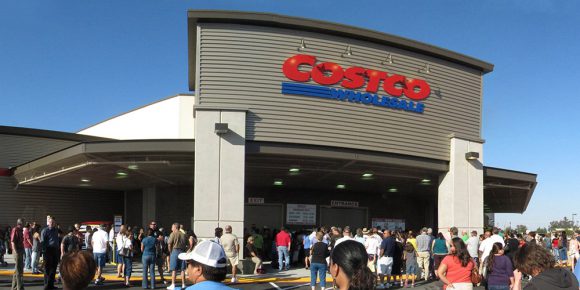
You can tell when an industry is nascent, growing, or established by looking at how many different conferences and events there are in September and October, the size of those events, and the overlap of attendees. Impact investing have moved from nascent to growing, and seems to be growing rather fast. Yesterday was my fifth industry event of the month: 1. SOCAP is the biggest annual gathering...


















